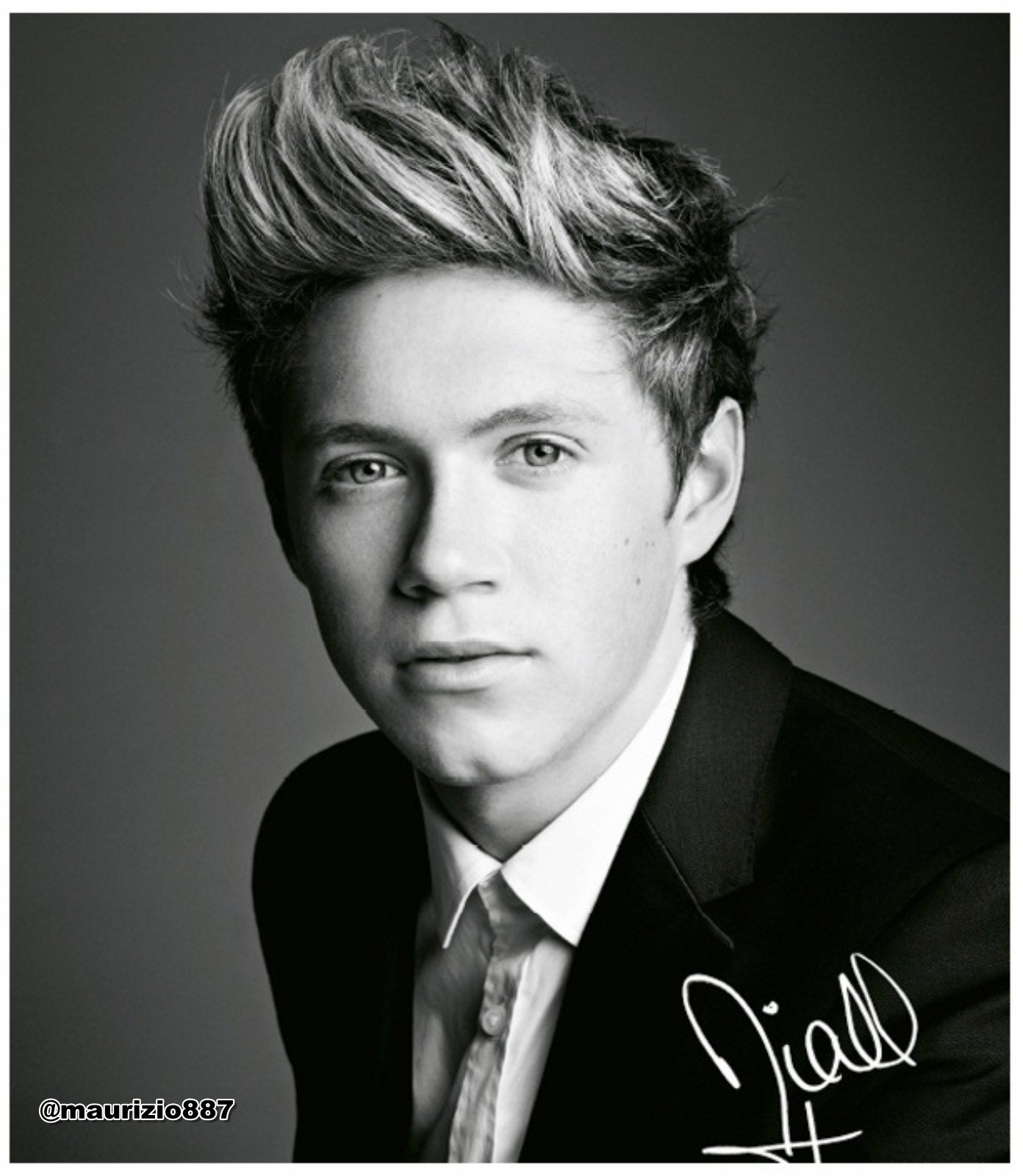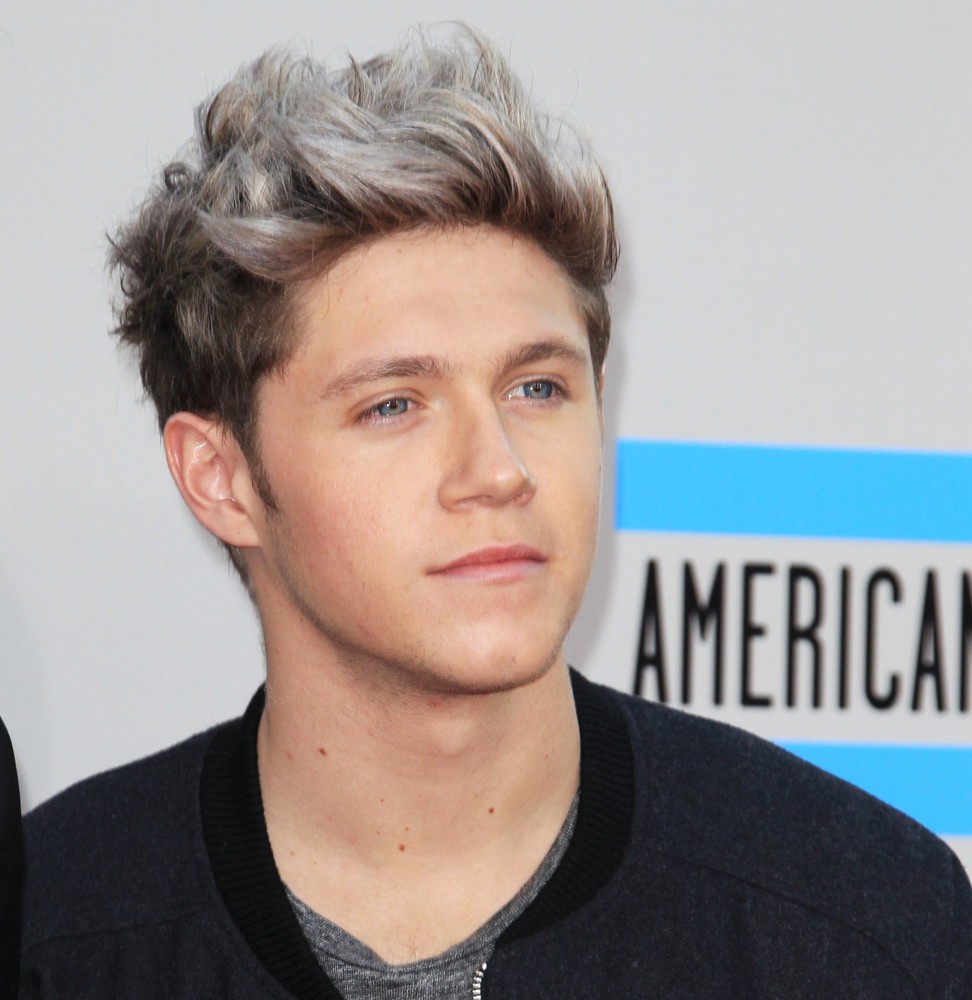

“I obviously make music for myself, but I never try to alienate,” the chart-topper admits. Īs delighted as Horan is to be subverting expectations, he is cautious of straying too far from his signature sound. “Everyone was like, ‘What the fuck is this?’ People haven’t even heard it yet and they already think that I’m starting a cult.”.

“I loved the idea of writing a love song with a dark, weird title.” Horan is amused by the almost-concerned response from fans. “That title was flying around,” he laughs. “I just knew he was the guy.” Together, they incorporated alt-flourishes into his sound - as evidenced by the anthemic lead single “Heaven.” “There’s definitely more of an alternative approach than probably we would’ve had previously,” Horan says.Īnother prime example of that is “You Could Start a Cult,” a title that went viral when the tracklist was first around. “We both agreed on what the song should sound like,” Horan says. Horan asked his A&R to send Little a demo of “The Show” and before long they were chatting on the phone. “I’ve always been a huge fan of Joel’s work,” Horan says of the Grammy winner, who has worked with superstars like Lorde and Taylor Swift. Exploring darker terrain was new to the hitmaker and he turned to New Zealand producer Joel Little for guidance. “I guess it is quite contemplative,” he says, “but there’s fun stuff in there too.”Īnd frequently, darkness and light intersect - as it does on new single “Meltdown,” a driving pop-rock song with a radio-ready chorus that also happens to detail Horan’s struggle with anxiety. “Writing a song like that makes you start to think about what else you should be grateful for.” It also encouraged him to be more vulnerable and open up about his fears and anxieties on the rest of the album. “I wanted to say things I hadn’t said before,” Horan says of the song, which recognizes that giddy highs and devastating lows are inevitable side-effects of being human. With its introspective lyrics and quirky, alt-leaning production, “The Show” would go on to set the tone of the whole project. Eventually, he sat down at the piano and wrote the title track of his third album. “I had just written a thousand songs, so I didn’t do anything for a lot of the early pandemic,” he remembers. After the sting of his stillborn sophomore project wore off, Horan returned to the studio - somewhat reluctantly.


 0 kommentar(er)
0 kommentar(er)
